Pesticide Action Network
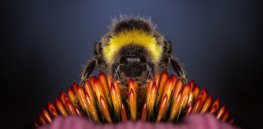
Global consensus finds neonicotinoids not driving honeybee health problems. Why is Europe determined to ban them?
Why is Europe allowing what has been called 'a bizarrely one-sided piece of politicized science' to determine agricultural policy? ...

Viewpoint: Activists hurt farmers by fueling public’s disconnect with modern agriculture
Farmers are increasingly frustrated and dispirited by the demands and unrealistic expectations of food advocacy groups and activists such as ...

New blood test for autism criticized as ‘not appropriate’ for clinical use
Doctors can now order a blood test that its makers say may help flag autism, but experts say the test ...

Viewpoint: Farmers’ crops are failing, and Europe’s precautionary assault on neonicotinoid insecticides is to blame
Farmers will never forget the last five years of incompetence from the European Commission ...
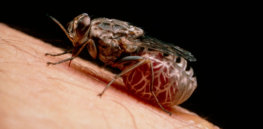
‘Morally appropriate’? Entomologists question effort to eradicate disease-causing tsetse fly in Africa
Sleeping sickness (or trypanosomiasis), endemic to sub-Saharan Africa, is a horribly debilitating disease. … [Why not] end sleeping sickness by ...
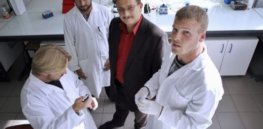
Séralini pseudoscience syndicate: Lessons learned from decade-long assault on biotechnology orchestrated by French geneticist
A look at Séralini's modus operandi can equip journalists and other interested observers to turn a critical eye on Séralini ...

Reality check: Eating locally grown food isn’t always the most sustainable option
Eating local has not achieved its goal of reducing emissions through fewer food miles. The fix could include embracing genetic ...
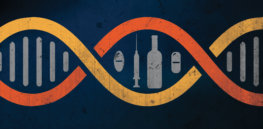
How much can we blame our genes for addictive behavior?
Of all the people who try alcohol or illegal drugs, only 10 to 20 percent get addicted. No single gene ...
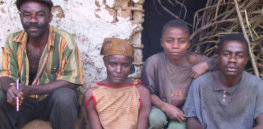
Missing data? African study shows why we need to expand the human reference genome
The human genome sequence, first published in 2001, has some important information missing. The latest version of it, called GRCh38, ...

How Frankenstein and 200 years of horror stories have haunted the biotechnology revolution
It was a dark and stormy night in 1818, when something sinister was loosed upon the world. Okay, so it ...

New Age Meats lab-grown sausage passes first taste test
On [September 17th], the startup, called New Age Meats, let a handful of journalists and prospective investors taste its prototype product ...
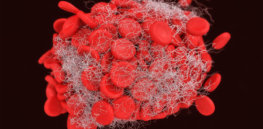
Hemophilia gene therapies put on fast track to FDA approval
The Food and Drug Administration will soon be alerting companies that certain gene therapies in development can qualify for less ...
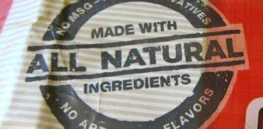
‘Natural’ label lawsuits: What you need to know
In the United States, when a food label uses the word “natural,” food companies are frequently the target in litigation ...
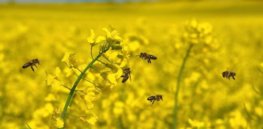
European farm groups defend neonicotinoids as environmental NGOs calls for total ban to protect bees
[Editor's note: On Feb. 28, the European Food Safety Authority issued a report concluding that neonicotinoid insecticides pose risks to ...
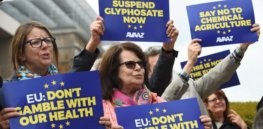
Viewpoint: How European activists lobby for a glyphosate ban despite findings of its safety
In January, the European Parliament announced that it will set up a Special Committee on the Union’s authorization procedure for ...

IARC cancer agency mounts PR effort as probe of possible corruption grows
The agency was heavily criticized for the methodology used in declaring the herbicide glyphosate a "probable carcinogen." Now IARC is ...

CAR-T gene therapy treatments may fall short of corrective goals, requiring surgical gene editing
For decades, researchers, some physicians, and a few patients have had visions of treatments that would go in and fix ...
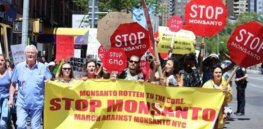
Activist groups plan to sue Germany, EU over glyphosate herbicide re-approval
Environmentalist groups said on Monday [Dec. 4] that Germany and the European Union had broken the rules when assessing the ...

Viewpoint: Anti-biotech groups’ master plan substitutes ‘citizen science’ for data in quest to get glyphosate banned
The European Union resisted the lobbying of organic and anti-biotech groups to renew authorization of glyphosate, although only for five ...
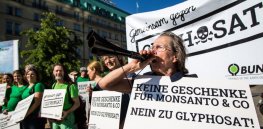
EU re-approval of glyphosate herbicide dodges farming economic woes—for now
If the European Union eventually phases out all the popular glyphosate herbicide, the loss of farm productivity could cost Europe ...

Uganda: From scorching drought to ravaging worms, poor pay the price for missing out on a biotech solution
The food and famine crisis is finally bringing to a head the clash between anti-GMO activists, mostly European based, and ...

Epigenetics Around the Web: Should farmers use vinegar, instead of genetically engineered solutions, to protect crops from drought?
A new study being peddled by anti-GMO activists suggests that table vinegar may be equal or superior to advanced breeding ...

Ugandan professor: NGO scare-mongering confuses public about GMO crops’ potential for good
[Editor’s Note: Morris Ogenga-Latigo is a member of the Pan African Parliament and former member of the Uganda National Biosafety ...
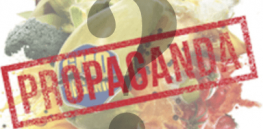
How Berkeley-led academics conspired with anti-GMO groups to attack Food Evolution movie
Emails show the Pesticide Action Network, Center for Food Safety, and Friends of the Earth helped write and promote a ...
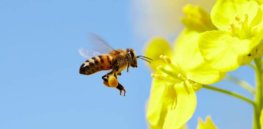
Lead author of controversial bee study: ‘Don’t give up on neonics’ although they may have ‘subtle’, mitigable effects
[Editor's note: Ben Woodcock is an ecological entomologist at the Centre for Ecology & Hydrology in the UK. He is the ...
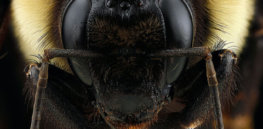
Harmful, beneficial or no effect? Flawed European bees and neonicotinoids study could be misused to support ban
A widely-discussed 3-country study showed no clear impact of neonics on bees. Why did the authors appear to explain away ...
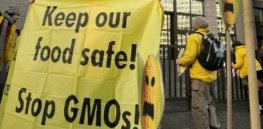
Opinion: Activists—not biotech companies—responsible for public backlash against GMOs
Biotech companies like Monsanto are often blamed for not doing enough to combat consumer skepticism of GM foods. But anti-GMO ...

